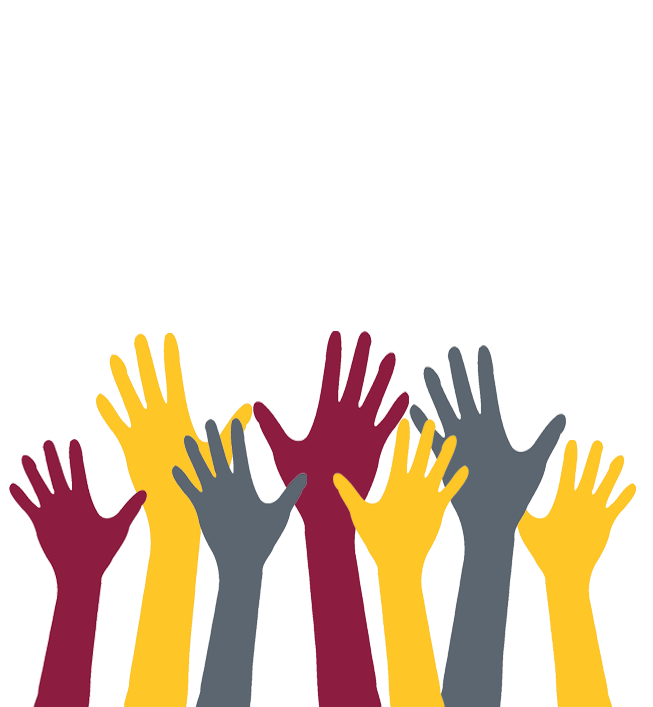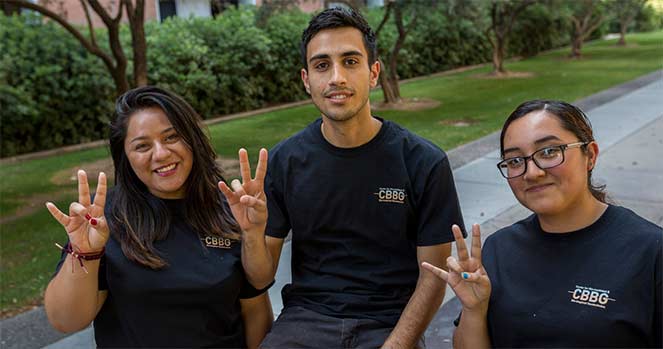Engineering Futures
What does it mean to be an engineer?
Engineering Futures is designed to help retain YOU – a college student in engineering. By engaging in this program beginning in your first semester, you will find the academic and social support you need to navigate the transition to college. The Engineering Futures program offers you a network of peers, peer mentors, industry representatives, alumni, and faculty. The ultimate goal is to facilitate the development of your identity as an engineer!
Students who enroll in an engineering program are entering an exciting profession that turns so many ideas into realities. No profession unleashes the spirit of innovation like engineering! From research to real-world applications, engineers constantly discover how to improve our lives.
Future engineers need ingenuity, creativity, communication skills, entrepreneurship, leadership, high ethical standards, collaboration skills, optimism, resilience, agility, and flexibility. Students will develop these skills by joining the Engineering Futures cohort that is bound together through related academic/extracurricular experiences and mentorship from successful engineering students and professionals.
What is the benefit?

Foster awareness of engineering career opportunities.
Build an affinity group of individuals to make friendships
Develop a sense of belonging that will support your interests and motivation.
Cultivate positive advisor relationships with faculty, industry professionals, and near peer mentors.
Take part in panel discussions, mentorship, advising assistance, industry field trips, seminars led by industry leaders, and design-based learning experiences.

Engineering Futures mentors and scholars
Contact Us
Program Leads
Kyle Squires, PhD
Professor and Dean
James Collofello, PhD
Professor and Vice Dean, Academic and Student Affairs
Tirupalavanam Ganesh, PhD
Tooker Professor and Assistant Dean, Engineering Education
Robin Hammond
Director, Fulton Engineering Career Center
Terence Tracey, PhD
Professor Emeritus, Counseling Psychology
Contact via engineering.futures@asu.edu
This material is based upon work supported by the National Science Foundation under Grant No. 1834166. Any opinions, findings, and conclusions or recommendations expressed in this material are those of the author(s) and do not necessarily reflect the views of the National Science Foundation.